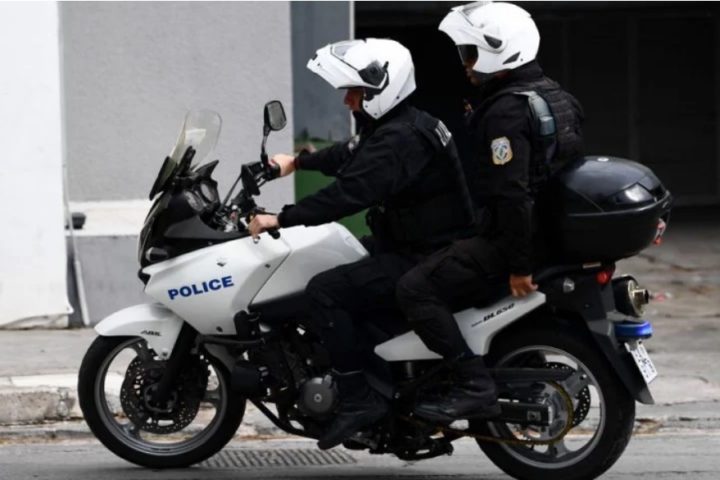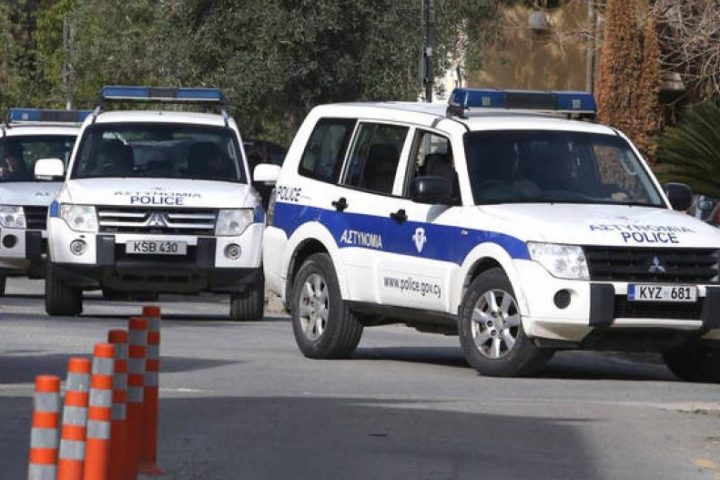Justice reform, a long-overdue process to slash legal proceedings by half the time and decongest the courts, is begrudgingly getting underway, but Cypriots have lost confidence and trust in public institutions.
Historical archives are digitised, court clerks see reduced paperwork, and stenographers use fast and efficient dictating systems, making a judge’s time more productive to focus on the principles of delivering justice.
However, the other pillar of justice aptly named the long arm of the law is the police, whose capability to catch people criminals has long been blunted.
Perhaps, the biggest obstacle has been the archaic way the police force has been structured, with little significant change in decades, apart from abolishing the winter and summer uniforms, dating back to colonial and early-independence years.
Training has been a stumbling block in the evolution of the police, apart from a handful of officers who have found opportunities to further their education while on the force or had been intelligent enough to complete their university studies before recruitment.
Due to the past decade’s financial crisis, the expansion of the police was sacrificed, with ruling and opposition politicians preferring to secure jobs for relatives and friends in other, less-demanding departments of the government machine rather than the security services.
As a result, rural police stations have been nearly abandoned due to a shortage of staff and retirements.
Moreover, this human resource is not replenished in time, considering the three-year course cadets need to undergo at the police academy.
Justice Minister Stephie Dracos admitted that there are at least 680 vacant positions, which explains why there is no one to patrol the Green Line for potential illegal migrants and underworld smugglers.
Fuelling the myth of ‘ghettos’ and ‘foreign workers’ often creating trouble in downtown areas is the absence of foot or bike patrols, which would prevent public disorder and petty crime or get to a crime scene in quick time.
Minister Dracos said in June that new vacancies would be announced with another round of selection exams.
But this will only resolve the problem in the medium to long-term and hardly dent the poor quality of service.
What has been absent from police reform is the need or flexibility to hire professionals from the private sector, often with more experience and knowledge than long-serving officers, when dealing with certain aspects of crime-fighting.
The recruitment of police officers, special rural constables or firefighters should not be limited solely to grades achieved, some barely making the pass mark, but a qualitative evaluation system should be introduced, constantly training or educating officers in modern methods.
When it comes to combatting crime, the aim should be the result and how an officer can be assisted to do their job right, armed with tools not provided in the past.
Hiring private experts on a contractual basis is one-way trade unions should abandon their rigid closed-shop mentality of not letting in outsiders.
This attitude will make it harder and longer for crime rates to be pushed down, with the tolerance of organised crime or corrupt police officers abusing the system and their position.










